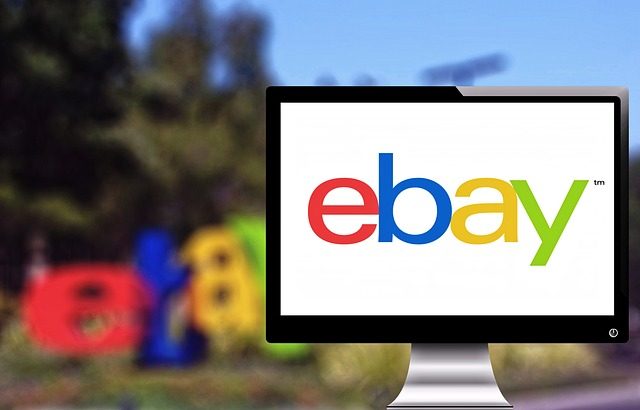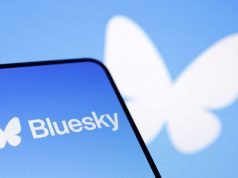LONDON — As pressure mounts on social media companies over child grooming and sex abuse imagery, a U.S.-based not-for-profit set up by Hollywood actors Ashton Kutcher and Demi Moore tackling the problem has received backing from eBay billionaire Jeff Skoll.
Thorn is one of five social businesses to each receive $1.5 million from the Skoll Foundation founded by the former eBay president, and will present at the Skoll World Forum this week, Britain’s leading event for social enterprise.
Originally founded in 2012 as the DNA Foundation by Kutcher and Moore – who still sit on the board – Thorn uses data and algorithms to help authorities and internet companies identify children at risk and report harmful images.
The award, to be presented before about 1,200 attendees at the four-day Forum in Oxford, comes as internet companies face mounting criticism over the speed at which they take down child sex abuse images, with governments calling for tougher measures.
“In a world where you have more than 150,000 escort ads posted everyday – and somewhere in there is a child – the critical thing is how you get to that child faster,” Julie Cordua, Thorn’s CEO, told the Thomson Reuters Foundation.
“Using data cuts the time it takes to find a child, ultimately making it riskier to be grooming or abusing a child online.”
More than 100,000 web pages showing child sex abuse were removed from the internet in 2018, up by one third on 2017, after they were identified by Internet Watch Foundation, a British charity that monitors online child sex abuse.
Thorn’s Spotlight tool combines publicly available data with algorithms to help police speed up identification of victims of sex trafficking and children in sexually abusive material.
Eyeing growth
It has also developed a site called Safer to help companies identify, remove and report child sex abuse imagery. It now works with five internet companies, including photo site Flickr.
Cordua said Thorn, a virtual company based across the United States, planned to use the prize money to grow its operations and then charge companies and police forces to use its tools.
This backs up moves by governments globally.
On Monday, the British government said it would impose penalties on tech companies if they do not do everything practicable to stop harmful content on their platforms.
Last week Australia said it would fine social media and web hosting companies up to 10 percent of their turnover and jail executives if violent content was not removed expeditiously.
Cordua said big tech companies including Facebook and Microsoft have supported the work of Thorn but these companies have their own protocols to tackle the issue.
A Facebook spokeswoman said the company “invests heavily” to combat child exploitative material on its site.
Between July to September 2018, Facebook removed 8.7 million pieces of content that violated its policies on child nudity or sexual exploitation of children, 99 percent of which was removed before it was reported, she said.
Thorn wants to help smaller companies to do the same.
“It is not an easy job, but (the big tech companies) are doing the work. The smaller companies are not – not because they don’t want to be good citizens, but because it is really hard work and it is expensive to build the system,” said Cordua.
The Skoll Foundation annually gives awards to social enterprises helping solve social and environmental problems, with this year’s forum focused on “accelerating possibility” to address problems such as food security and youth unemployment.
Another 2019 award winner also using big data to help young people was Crisis Text Line, a text-messaging counselling service for people who struggle to access mental health support.
Others winners were Harambee Youth Employment Accelerator, a youth training scheme in South Africa, mPharma, a Ghana-based business getting cut-price drugs to people in Africa, and mPedigree, a Ghana app identifying counterfeit seeds and drugs. —Reporting by Sarah Shearman @Shearmans, Editing by Belinda Goldsmith, Thomson Reuters Foundation










